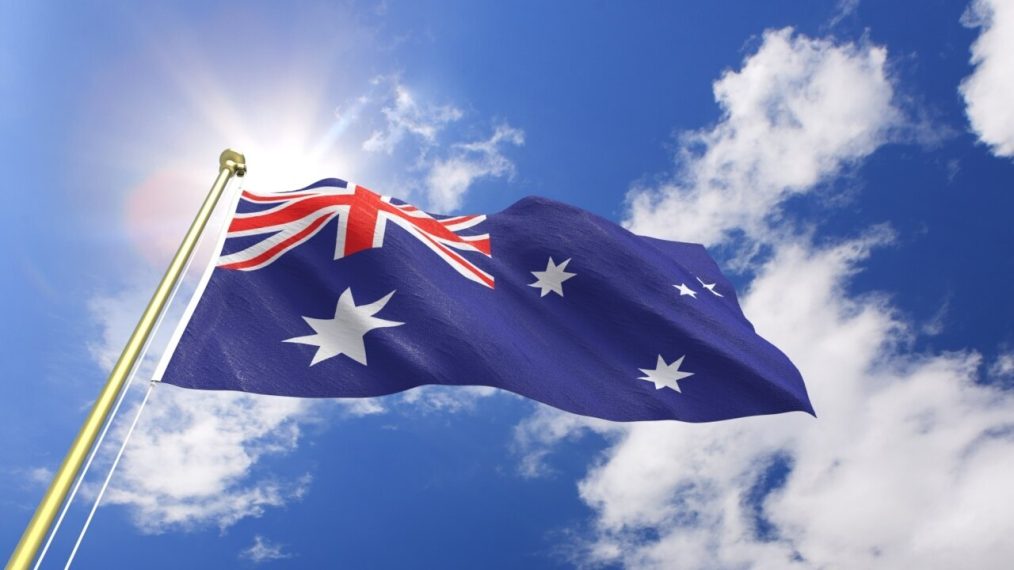
Will we remain the ‘Lucky Country.”
While both Australia and the rest of the world adjusted to the challenges posed by economic headwinds during this period, the People’s Republic of China, ever the revolutionary force, began reasserting its influence in the region, often engaging in actions that fell just below the threshold of direct armed conflict.
China’s increasing hostility towards and aspirations for the post-Second World War order have become more pronounced in recent years. This has prompted nations across the Indo-Pacific to realize that the concept of the “End of History” may not be a reality, and the world is once again confronted with the possibility of armed conflicts between nations.
The nation faces numerous challenges that demand a thoughtful and targeted approach to ensure that Australia, traditionally known as the “Lucky Country,” maintains its fortunate status.
Australia has traditionally enjoyed its position as the “Lucky Country,” benefiting from abundant resources and opportunities while being geographically isolated from the major centres of power and competition that fuelled devastating conflicts in the 20th century. However, the contemporary world presents a vastly different landscape.
The global balance of power has gradually shifted away from Europe and North America towards Asia and the Indo-Pacific. This shift is driven primarily by the resurgence of China and, to a lesser extent, India – ancient powers supported by the remarkable rise of regional nations such as Vietnam, Thailand, Indonesia, Pakistan, and others.
Australia’s economic growth over the past three decades, fuelled by the strong demand for its raw mineral and agricultural wealth, as well as its services, economy, and the lucrative real estate market, has shielded the nation from the harsh realities of the contemporary world. This economic insulation proved effective during the Asian Financial Crisis and the Global Financial Crisis of 2008, further solidifying Australia’s “Long Holiday from History.”



